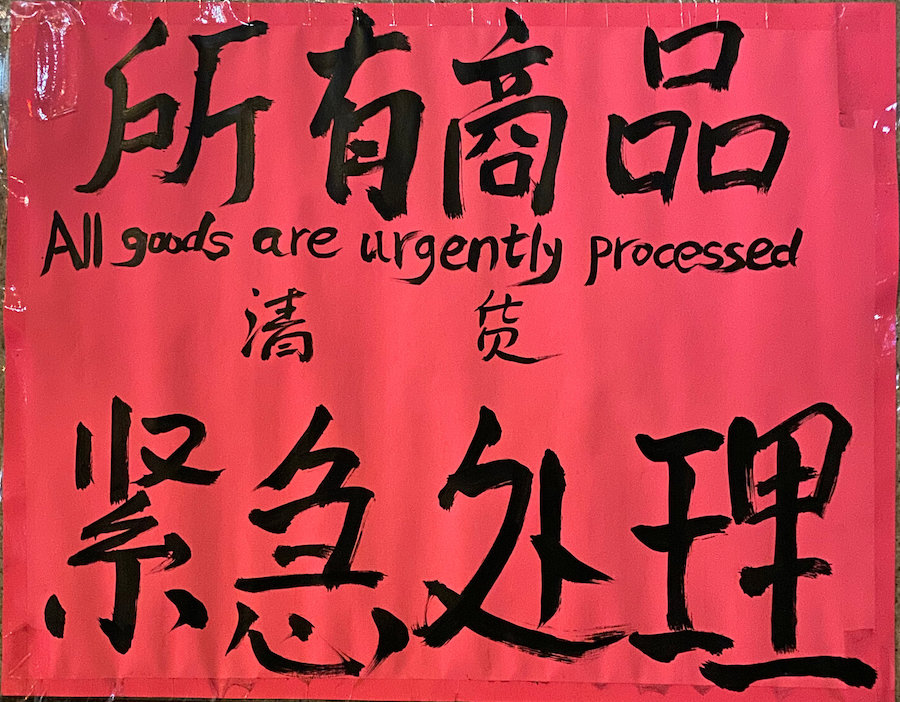In "Trump Short-Circuits in New Video as Concerns Grow Over Cognitive Decline", Meidas Touch 10/14/2023, Brett Meiselas presents the apparent mis-use of an idiom as evidence of neurodegeneration:
A new video posted by Donald Trump to his social media account is the latest in a series of clips of the former president that have raised concerns about his rapidly deteriorating cognitive abilities.
In the video, Trump launches into a deranged rant accusing his former Attorney General Bill Barr, Senator Mitt Romney and former Republican Congressman Paul Ryan of conspiring with big donors and two GOP candidates running against him.
Trump says they are disloyal losers with no talent and that they “eat their young” by opposing him and that “Republican Nation” must not listen to them.
"But remember, Republicans eat their young. They really do. They eat their young. Terrible statement. But it's true," Trump said in a dark room where he records his videos. […]
It's possible that Trump's teleprompter said that Republicans "eat their own" and that Trump misread the phrase twice in just a couple seconds […]
But what is extra sad is that Trump's handlers seem to have completely lost control of the criminally indicted, disgraced GOP candidate. They had an opportunity to reshoot this prerecorded video prior to posting it, yet they didn't even bother.
Read the rest of this entry »
